ITHACA collects, preserves, and analyses migrations narratives in the Mediterranean region from the Middle Ages to the present day, within a rigorous historical framework.
The ITHACA platform offers a digital database of narratives, documents and archival sources to researchers, practitioners, policy makers and migrants.
ITHACA
Interconnecting Histories and
Archives for Migrant Agency
Migrant and refugee voices and narratives have often been undervalued by governments and international and local institutions, even by humanitarian agencies. Collecting and disseminating migrant and refugee stories is the very first step to promote policies of relief, empowerment, inclusion and participation. In this effort, past and present encounter and confront themselves.
The ITHACA’s team includes archives (the United Nations High Commissioner for Refugees Historical Archives), research centres (the Universities of Modena and Reggio Emilia, Sorbonne, Leiden, Athens, Milan, Al-Akhawayn, the Azerbaijan National Academy of Sciences, and the French National Centre for Research) and ngos (ARCS Tunisie and the Archive of Migrant Memories).

11
Partners

+50
Involved Countries

+600
Stakeholders
Entangled Narratives
Across Europe and
the Mediterranean Region

This project has received funding from the European Union’s Horizon 2020 research and innovation programme under grant agreement No 101004539. The content does not necessarily reflect the opinion of the European Commission. The European Commission is also not responsible for any use that may be made of the information contained therein.
Photo credits: Mohamed Keita
PARTNERS

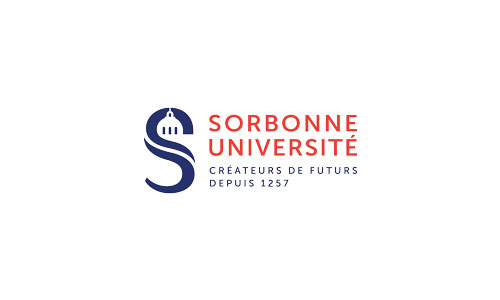
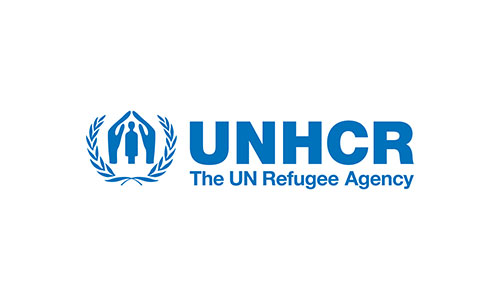
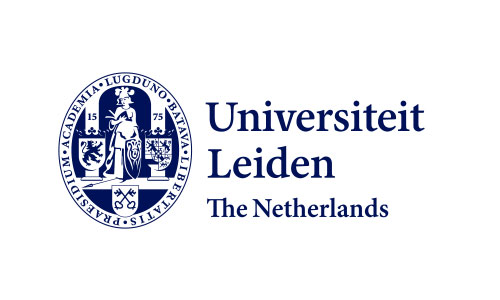
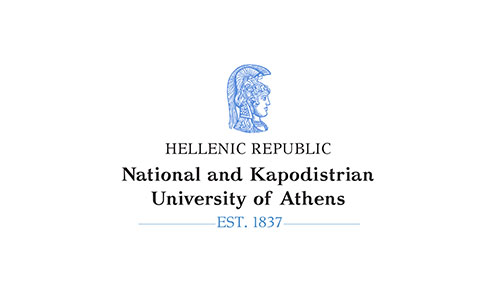
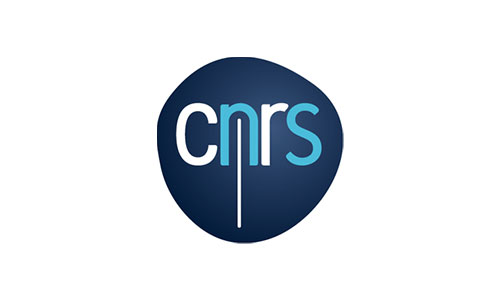
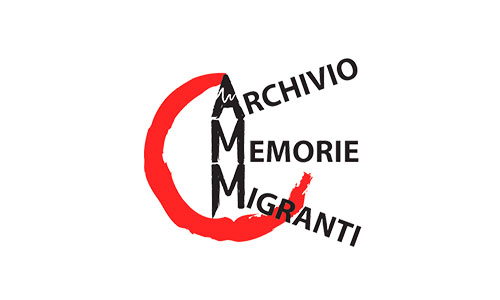
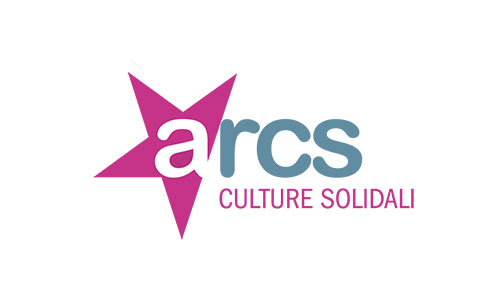
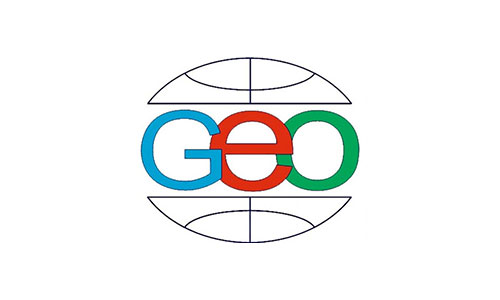
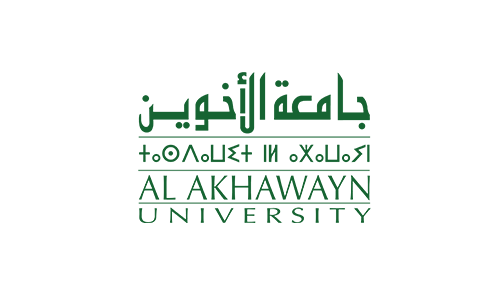
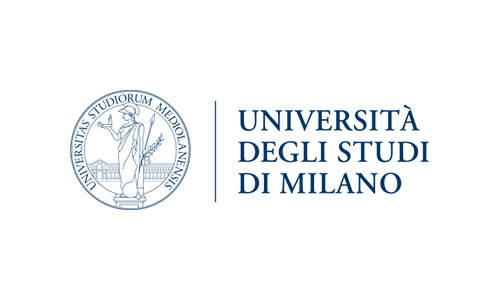

تلقى هذا المشروع تمويلًا من برنامج Horizon 2020 للبحث والابتكار التابع للاتحاد الأوروبي بموجب اتفاقية المنحة رقم 101004539 ويجمع 12 منظمة شريكة مختلفة.
النشرة الإخبارية
Error: Contact form not found.
Copyright 2025 Ithaca. All right reserved.
Powered by Università degli Studi di Modena e Reggio Emilia (UNIMORE).


